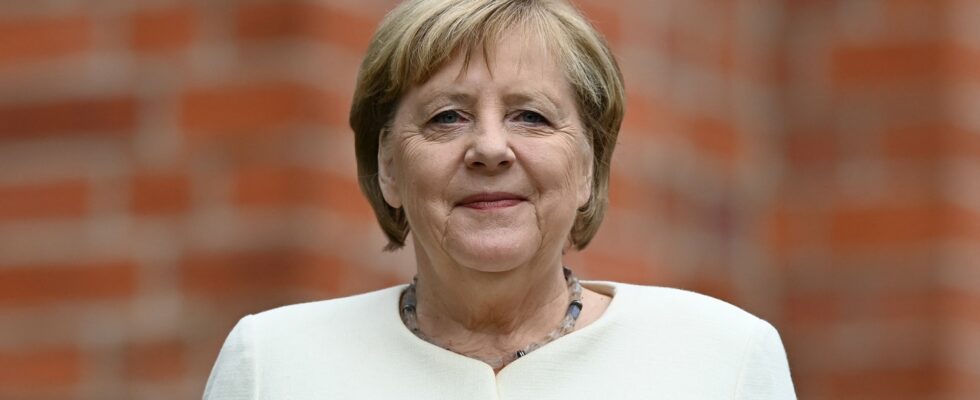Freiheit. Freedom. Freedom. Libertad. These are just some of the titles from Angela Merkel’s Memoirs, the production of which in several languages was shrouded in the greatest secrecy, with bodyguards around the photocopiers in the publishing houses – and a confidentiality declaration to sign in exchange for a set of proofs, a few days before their simultaneous publication in 30 countries, this Tuesday, November 26. From Germany to Ukraine, their reception promises to be brutal. The Chancellor, who left power on December 8, 2021 with popularity at the top, after four elections and sixteen years at the head of the German government, fell from her pedestal at high speed on February 24, 2022. That was ago a little over a thousand days. The Russian army crossed the border of Ukraine, Putin launched his war of invasion in violation of international law and texts recognizing the territorial integrity of Ukraine to which Russia was a signatory. The Ukrainians, since then, have resisted with the courage that we know and the limited allies that we know.
Germany found itself completely naked. Chancellor Olaf Scholz was forced to announce a “change of times” before the Bundestag (“Zeitenwende”), to abandon the commissioning of the Nord Stream 2 pipeline linking Russia to Germany, to invest like never before in its defense. Europe’s leading economic power is now deprived of cheap Russian gas, one of the three pillars on which it based its model. The other two are also collapsing: China, which no longer offers the same outlet for exports, and the United States, which no longer wants to take charge of Europe’s security. The country is about to experience a recession for the second year in a row. Since the departure of Angela Merkel, Germany has been in disarray and the ex-chancellor in disgrace. Is she largely responsible for the decline? Was she, on the contrary, the only one capable of keeping the compass? Or both, captain?
His Memoirs, begun with the enthusiasm of a deserved retirement and a departure punctuated by applause and tears of emotion, read like an exercise in self-justification, as the moment is poorly chosen. Angela Merkel cites for example a video message from Volodymyr Zelensky from April 3, 2022 after the discovery of the Boutcha massacre committed by the Russians, in the suburbs of kyiv: “I invite Ms. Merkel and Mr. Sarkozy to visit Boutcha and see what carried out fourteen years of concessions to Russia.” The Ukrainian president was referring to the refusal by Germany and France to develop an action plan for the membership of Ukraine and Georgia in NATO, during a summit in Bucharest in 2008. ex-chancellor, visibly piqued, sees fit to explain why, at the time of Boutcha and this message, she was on vacation in Florence – “it was the first pleasure trip I had taken since leaving the chancellery “.
We cannot judge the past with knowledge of the present
And to return at length to the reasons for his “difficult” decision taken in Bucharest. In “harmony” with her social-democrat Foreign Minister Frank-Walter Steinmeier and with French President Nicolas Sarkozy, she opposed the will of the United States of George W. Bush and part of the Europe to grant Ukraine and Georgia candidate status for NATO membership. Basically, she believes, this status would not have protected them from aggression by Putin, and could have had harmful consequences on the security of the Alliance.
As for the other controversial decisions which marked his four mandates – management of the financial crisis and the Greek debt, cessation of nuclear power, reception of migrants, tolerance towards Putin’s Russia and Xi Jinping’s China, low defense spending -, Angela Merkel explains herself in the manner of the Protestant that she is: with honesty, without lies, but by choosing her omissions and without ever apologizing for anything. According to one principle: we cannot judge the past with knowledge of the present. Whether she convinces us or not, her Memoirs are a fascinating historical document on these first twenty years of the 21st century when Germany, France, the European Union and the West were still powerful.
Marion van Renterghem is a senior reporter, winner of the Albert-Londres prize and author of “Piège Nord Stream” (Arènes)
.
